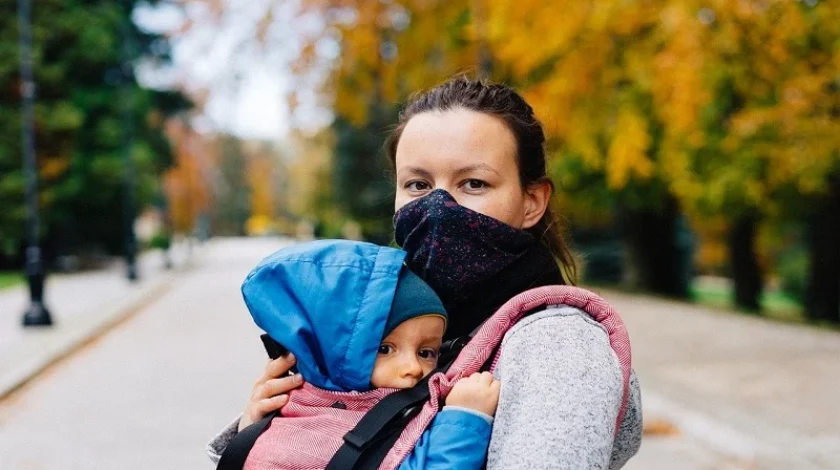Sydney’s recent lockdown has been a challenging time for people from all walks of life. Many families have experienced financial hardship, the death or illness of loved ones, lack of social contact with friends and family, and overall emotional distress. Unfortunately, statistics have shown that these factors have led to an increase in cases of domestic/family violence.
Those experiencing domestic/family violence may feel isolated and unable to seek help. This article will explain the supports they are able to receive.
What is domestic/family violence?
Although physical violence is the most common form, domestic/family violence can include sexual, emotional, social, spiritual, and economic abuse.
The Family Law Act defines domestic/family violence and goes beyond the physical aspect of violence to include also abusive behaviour which seeks to control, dominate, humiliate, or threaten a partner or former partner.
Domestic/Family violence can have a longstanding and detrimental impact on all members of a family, especially young children. Statistics have shown that 1 in 6 women and 1 in 16 men in Australia have experienced physical or sexual violence from a cohabiting partner. Moreover, 1 in 4 children are exposed to family violence which can lead to mental, physical, and social effects such as depression, anxiety and intergenerational violence.
What kind of services are available to me?
If you are in immediate danger, you should call 000 for Police and Ambulance help.
If you or someone you know is impacted by family/domestic violence, there are many services and help available to them including 1800RESPECT (1800 737 732 or visit 1800RESPECT.org.au). This is a 24-hour counselling line for any Australian who has experienced, or may be at risk of, family and domestic violence and/or sexual assault.
There are many programs available for the prevention of family/domestic violence including Relationships Australia (1300 364 277 or visit relationshipsnsw.org.au). These programs offer counselling and support for victims in achieving an acceptable level of safety whether they choose to stay in their current relationship or leave. They also offer support for those perpetrating violence to help them change their abusive behaviours. Moreover, they offer counselling to children who experience or witness family/domestic violence.
What else can I do?
If you are directly impacted by family/domestic violence, you should consider other housing options. The Department of Communities and Justice can assist you with finding accommodation. It is also important to stay in contact with your friends and family and let them know if they can assist you in any way. Should you be in immediate danger, you should call the police. You can also ask to apply for an Apprehended Domestic Violence Order which is a Court Order made to protect victims of domestic/family violence. There are also several services available for people dealing with mental health issues.
Coleman Greig Lawyers takes a zero-tolerance stance with regard to any and all forms of family violence.
If you require advice from an experienced family lawyer, or would like to speak with one of our Accredited Family Law Specialists, please do not hesitate to contact.














